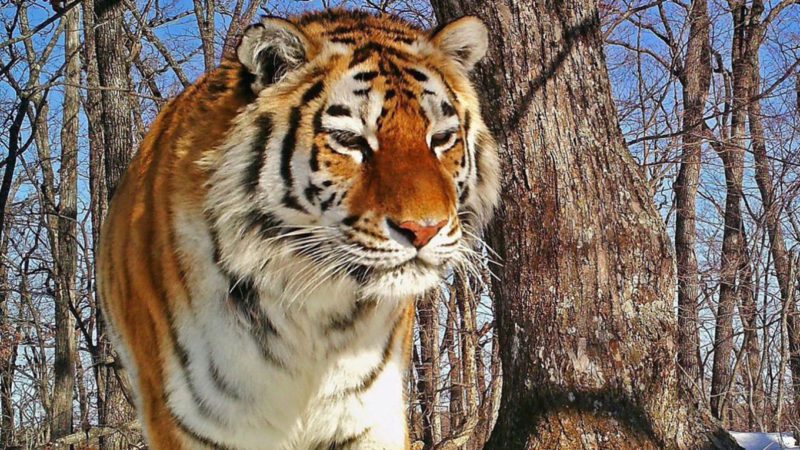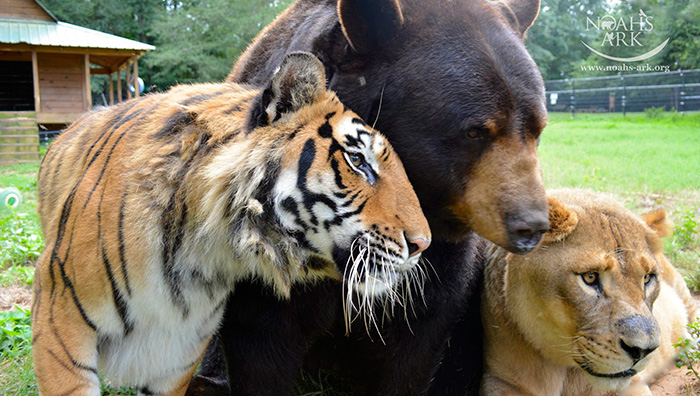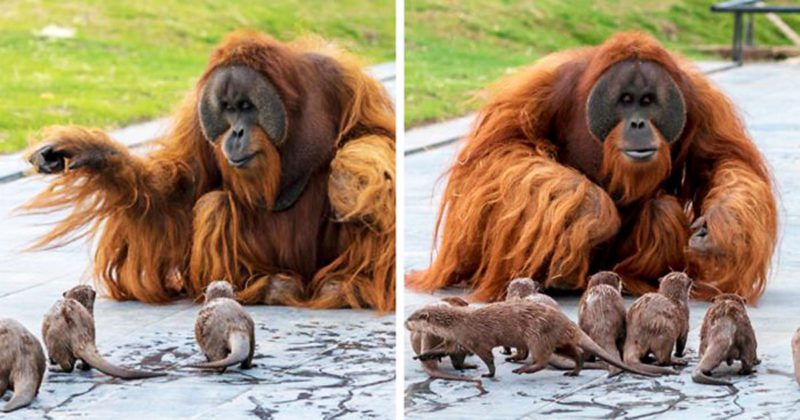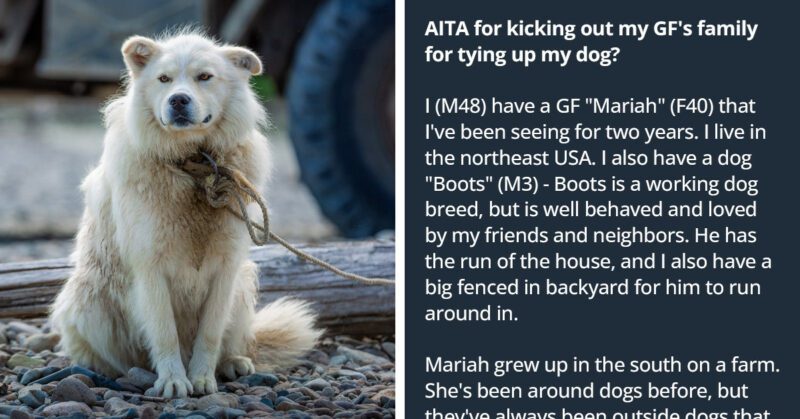When squirrel expert John Koprowski first saw the Malabar giant squirrel, also known as the Indian giant squirrel, he couldn’t believe his eyes.
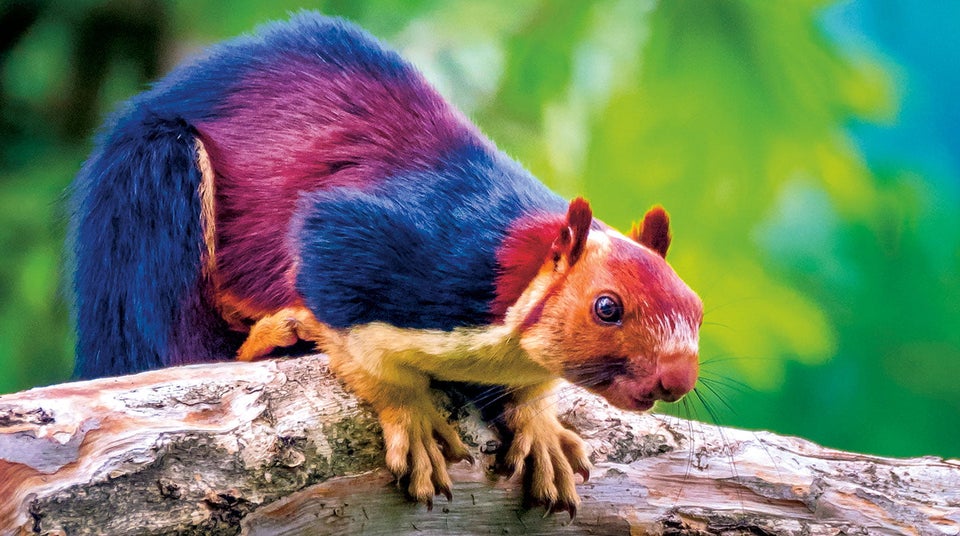
Advertisements
This animal looked more like a primate than a squirrel in its large size, John thought while visiting India
But the size of the Malabar giant squirrel is not only impressive, but its skin color is also unique – check out the amazing gallery below:
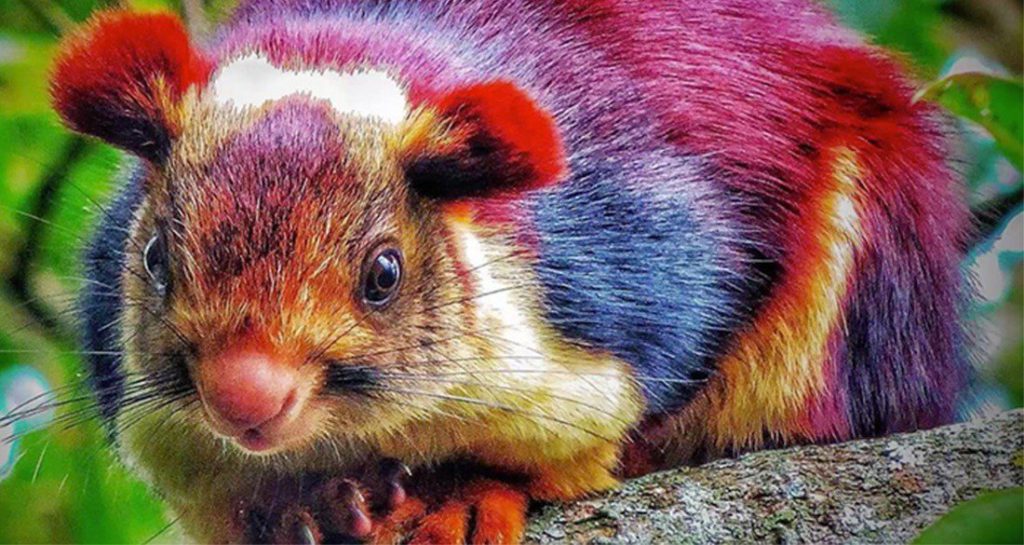
Advertisements
“These are giants!” Koprowski is a professor and associate director at the University of Arizona’s School of Natural Resources and the Environment.
In fact, it’s just a giant squirrel, about twice the size of the eastern gray squirrel, and different from the squirrels it used to see.
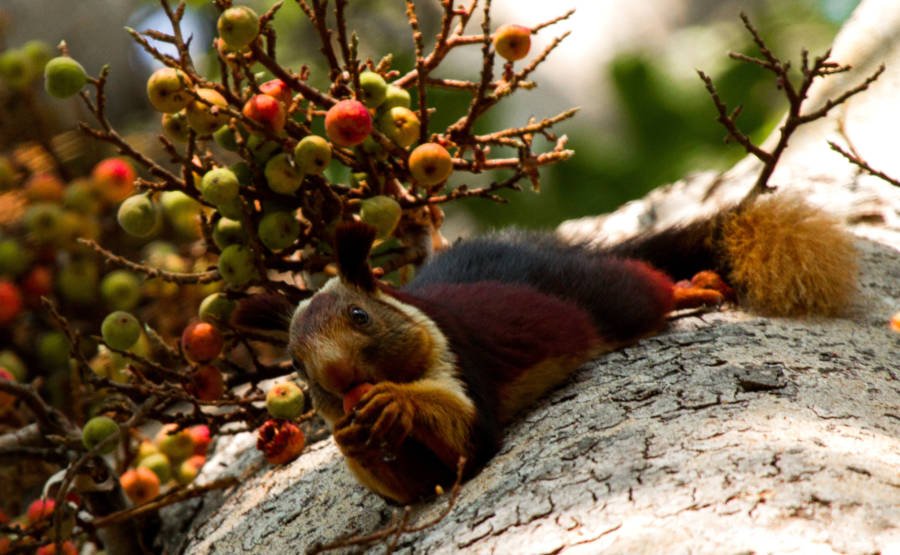
Advertisements
They can be a full range of colors, such as black, brown, orange, maroon, and purple.
The maroon and purple colors are actually unusual in mammals which makes it even more special.
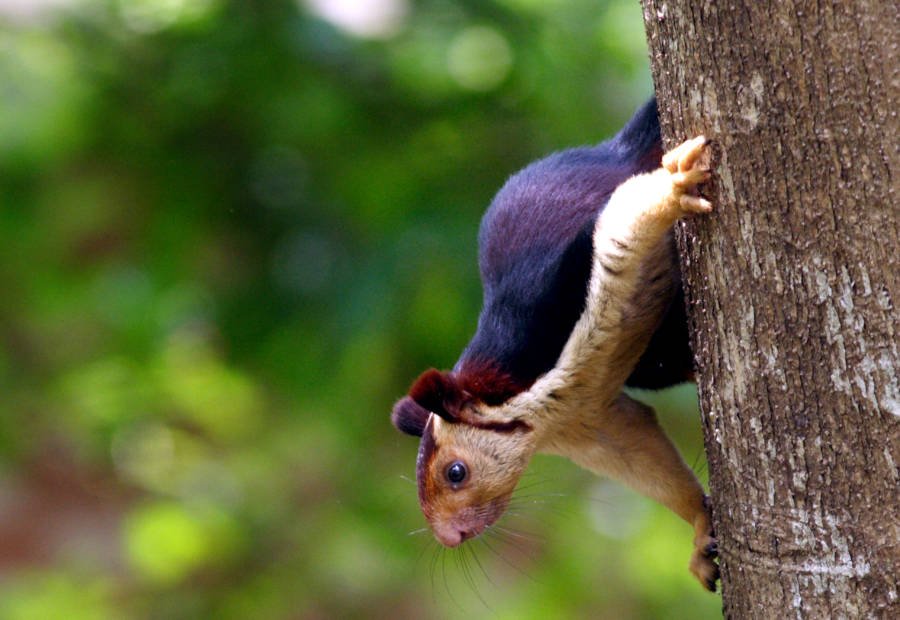
Advertisements
These bright colors and beautiful patterns are not only beautiful to look at but also help them to survive in the jungle.
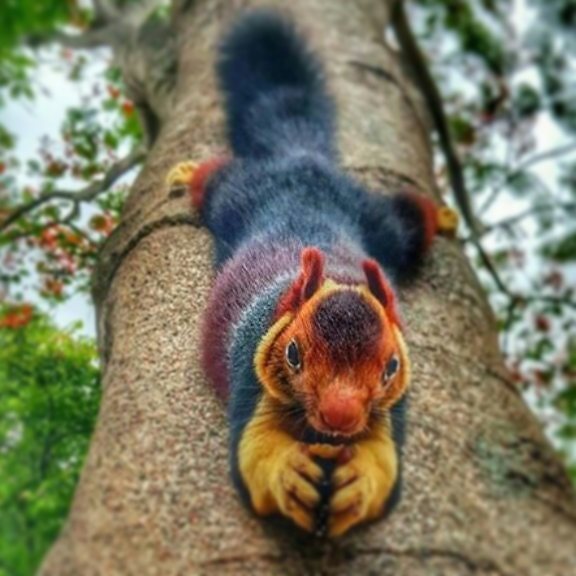
Advertisements
“In a dense forest shaded industry, darker shades and darker colors are a better adaptation to avoid detection,” said Koprowski.
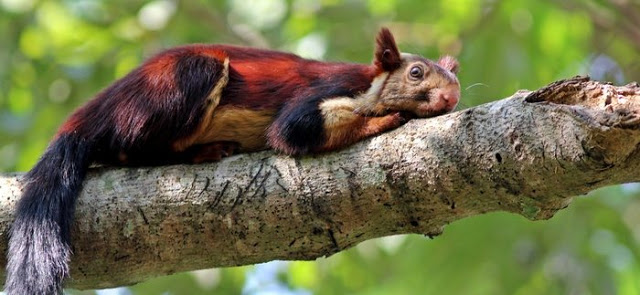
Advertisements
“But when you see them in the sunlight, they show their ‘true color’ and beautiful pale [fur].”
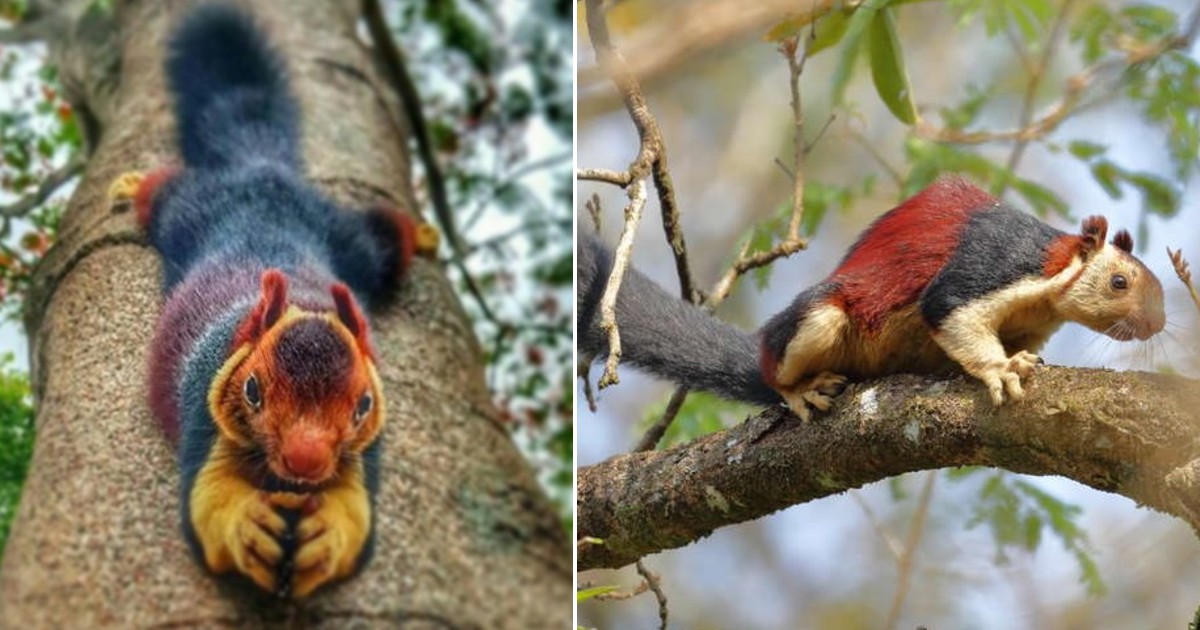
Advertisements
According to Wikipedia, their diet includes fruits, flowers, nuts, and bark. Some subspecies are omnivores, which also eat insects and bird eggs.

Advertisements
The gigantic squirrels of Malabar rarely land on the ground and perch high in the forest canopy, jumping and jumping from tree to tree, sometimes jumping more than 20 feet!
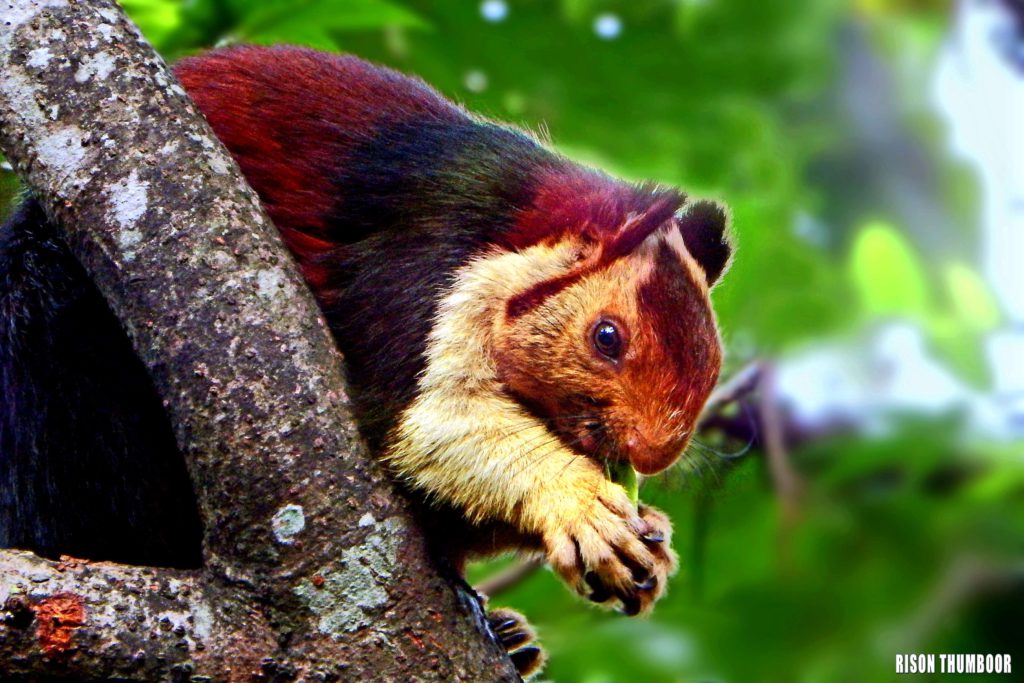
Advertisements
Thankfully, these beautiful critics aren’t in danger of extinction right now, but they will need protection.
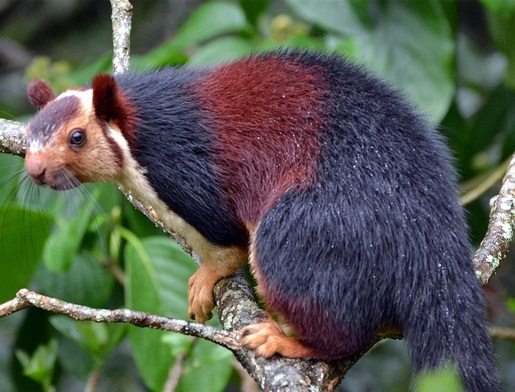
Advertisements
The chances of seeing one of these animals in the wild are slim.
Not only will you have to travel east or south India but you will also have to travel deep in the jungles.
H/T: kingdomstv
Read Also: A panther rejected his child, and now he is growing up with a kind woman and her Rottweiler
